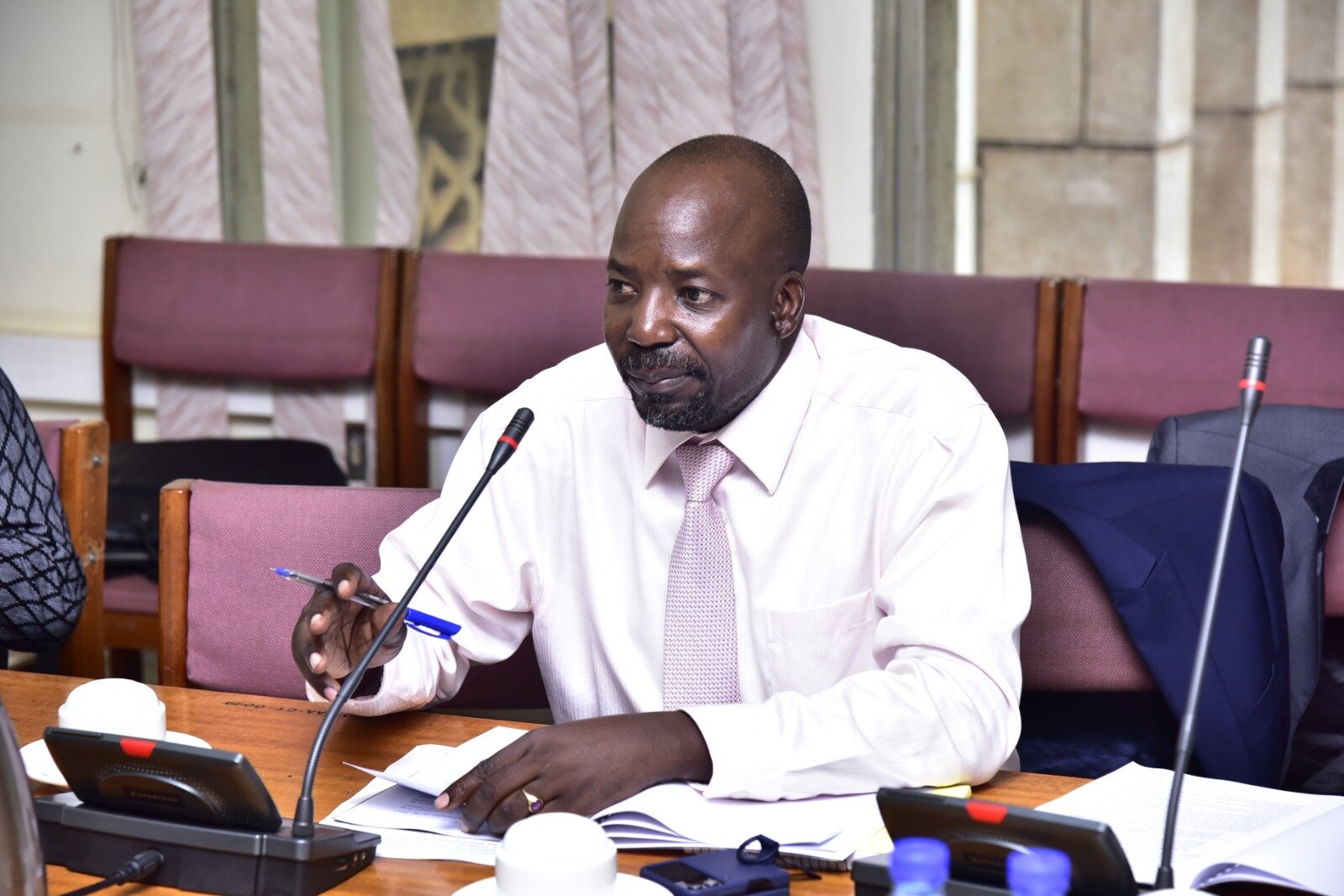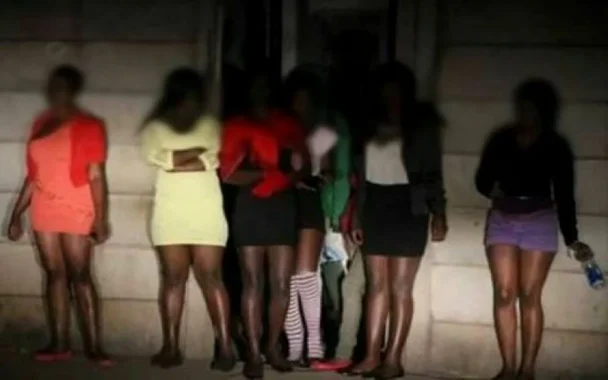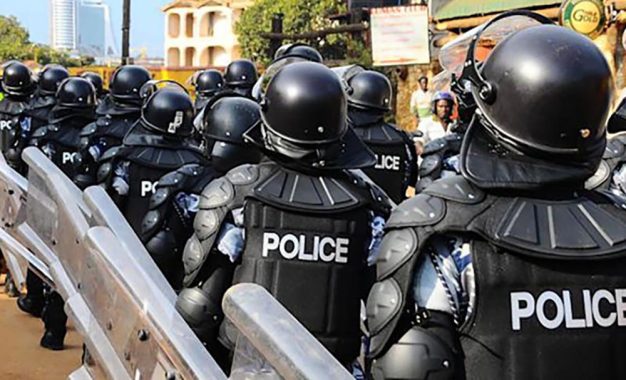Lawmakers on the Joint Committee of Legal and Gender Affairs on Tuesday sparked a controversial debate, rubbishing a proposal to maintain prostitution as a criminal offense. Instead, they are urging the government to regulate the trade and rake in some much-needed tax revenue.
Leading the charge was West Budama North East MP Fox Odoi, who dismissed the morality card, saying legislators have bigger fish to fry.
“We should legalize prostitution, regulate it, and make money from it. Morality is for reverends and Fathers, not us,” Odoi declared, leaving no room for doubt about his stance.
His comments came during the discussion of the Sexual Offences Bill 2024, spearheaded by Soroti District Woman Representative Anna Adeke. The bill, now the talk of the corridors, initially sought to retain prostitution as a crime while broadening its scope to include male sex workers.
Adeke had proposed a gender-neutral approach, introducing penalties of up to two years in jail for both male and female offenders. However, her proposal drew mixed reactions during consultations.
“The feedback was tough,” Adeke admitted. “Some wanted the clauses to stay, others felt we should remove them altogether. I tried to strike a balance by making it gender-neutral, as men are also involved in prostitution.”
But in a stunning twist, MPs on the committee collectively shot down the idea of criminalizing the trade, instead advocating for its legalization and regulation. A section believe that formalizing prostitution could not only boost the economy but also provide a safer environment for sex workers.

The Bill was presented for First Reading by Soroti City Woman Member of Parliament, Hon. Anna Adeke Ebaju on Monday, 14 October 2024 at a sitting of the House chaired by Speaker Anita Among.
It was reintroduced in Parliament after being passed by the 10th Parliament but rejected by President Yoweri Museveni in 2021. President Museveni had previously argued that the offences in the bill were already covered under existing laws like the Penal Code Act and other legal provisions. He suggested broader reforms to criminal laws instead of piecemeal amendments.
The bill proposes tough penalties for ofences including ; transmitting sexual information without consent and creating or sharing images of nudity attract a five-year sentence .Indecent gestures and public exposure of sexual organs are punishable by up to three years in prison. Administering substances with intent to commit a sexual act carries a maximum penalty of seven years .Aggravated rape could result in the death penalty.
The bill criminalizes informal settlements of serious sexual offences, such as rape, without oversight from the Director of Public Prosecutions (DPP). Violators could face up to 10 years in jail.
To enhance public safety, a register of convicted offenders is proposed. Employers would be required to verify prospective hires, especially in roles involving minors and vulnerable groups.
















